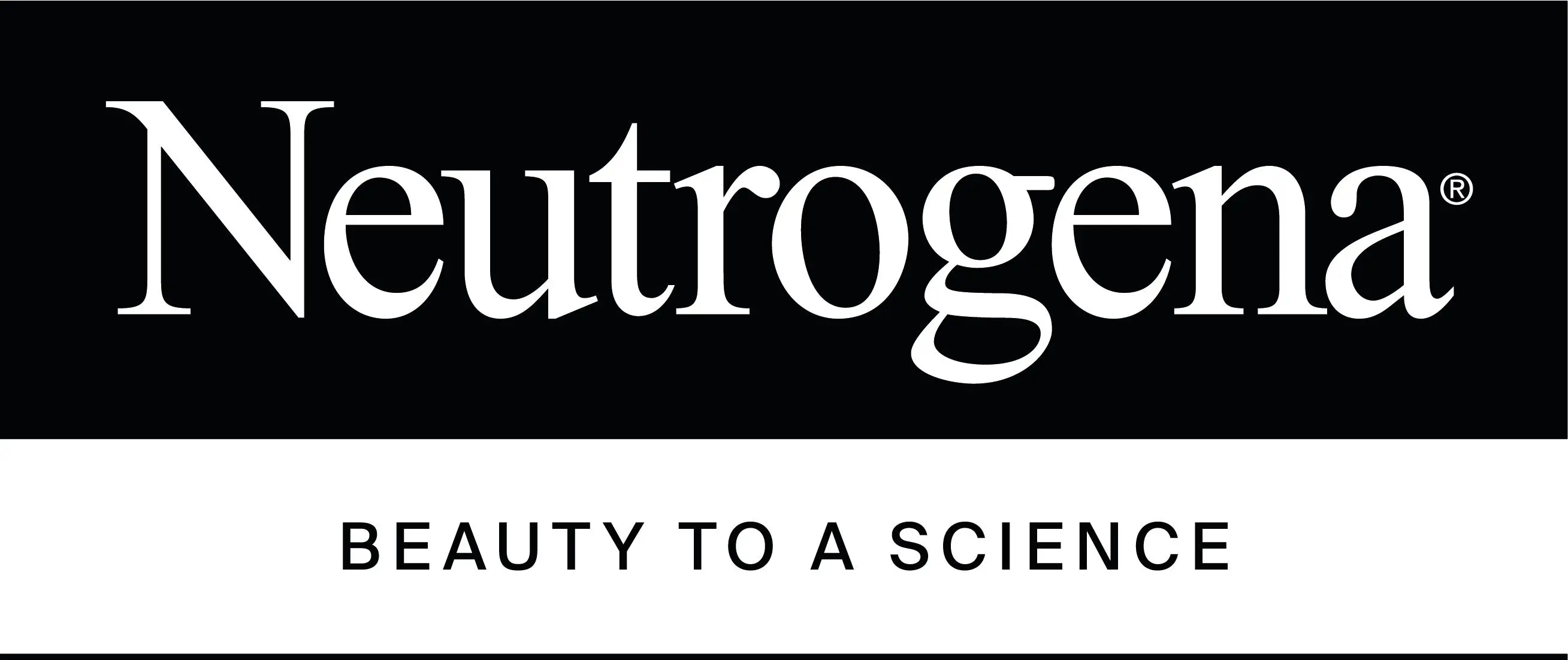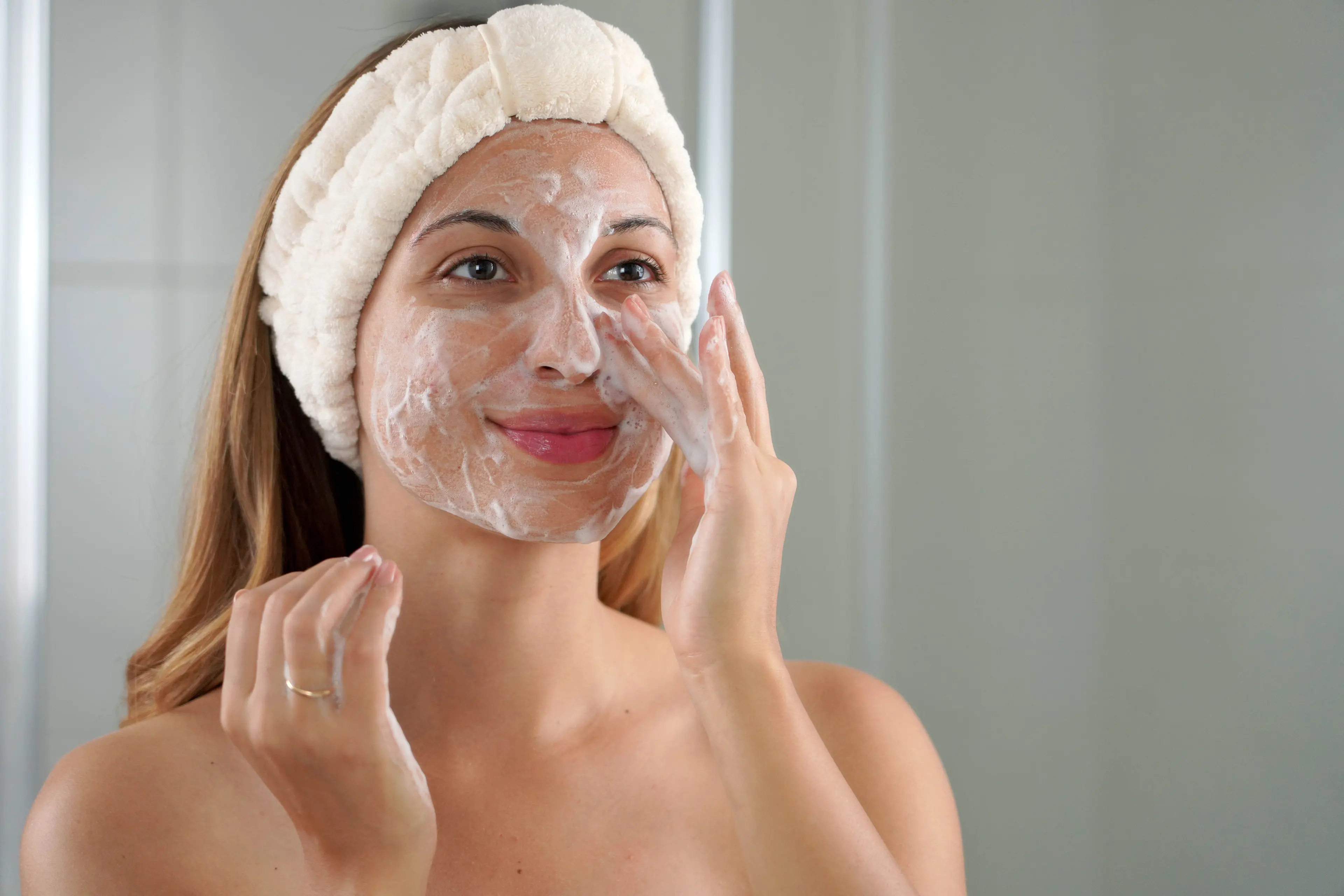Panthenol, also known as vitamin B5, is now the new rage in the skincare industry. As one of the most fascinating substances in beauty products, panthenol is used to create serums, lotions, creams, and more; in other words, it is present in everything that gives your skin a beautiful, healthy appearance. The buzz behind panthenol comes from its moisturizing and revitalizing qualities. This miracle vitamin is the best treatment for skin concerns such as dryness, redness, and itching.
What is Panthenol?
The primary sources of panthenol, a water-soluble vitamin, are plant- and animal-based foods such as vegetables, eggs, cereals, meat, and milk. This vitamin is part of the B-complex, which controls physiological processes that are thought to be the foundation of your health. It retains water in the form of a humectant, leaving your skin smooth and supple. Additionally, it has anti-inflammatory qualities that support skin barrier integrity and wound healing.
What are the Five Main Advantages of Panthenol?
Due to its beautiful advantages, you won't regret adding Panthenol to your skincare regimen. Panthenol can
Hydrate the skin: Panthenol is an alcohol-based version of vitamin B5 that doesn't cause skin dryness. Instead, it keeps moisture and stops water loss, giving you skin that looks healthy.
Heal wounds: Because vitamin B5 penetrates deeply into the skin and accelerates the healing process while generating new tissues, it is excellent for mending wounds. Additionally, because it promotes the production of proteins that your skin needs, it lessens the visibility of your scars. In addition to being well known for its therapeutic qualities, it shields your skin from UV radiation and pollutants.
Fight aging: Vitamin B5 promotes collagen and elastin synthesis and aids in developing fibroblasts, giving your skin a youthful, healthy appearance. Additionally, it evens skin tone, fights hyperpigmentation, and reduces the appearance of dark spots and aging.
Prevent Redness and Inflammation: Panthenol helps shield your skin from UV-induced redness because of its anti-inflammatory properties. It aids in lessening roughness and irritation from other dangerous skincare products.
Offer advantages of antioxidants: All skin types may safely use vitamin B5, which helps our skin produce more glutathione. Binding free radicals lessens the production of melanin and the visibility of age spots on your skin. Moreover, its anti-inflammatory qualities relieve dry, irritated skin.
Does Panthenol Have Any Side Effects?
Panthenol is generally considered safe. Additionally, adverse responses to panthenol are uncommon. Before incorporating panthenol-containing products into your skincare regimen, it might be a good idea to speak with your dermatologist if you have previously had adverse reactions to skincare products but have never tried panthenol. It has been demonstrated that utilizing creams and serums with a maximum content of 5% panthenol will enable optimal levels of hydration and absorption.
In conclusion, panthenol is a highly safe and powerful moisturizing and anti-inflammatory agent. Misusing and blending nicely with a wide range of other skincare products is hard. However, choosing the products that work best for your skin type is crucial for optimal results!
References:
Camargo Jr, F. B., Gaspar, L. R., & Maia Campos, P. M. (2011). Skin moisturizing effects of panthenol-based formulations. Journal of Cosmetic Science, 62(4), 361.
Cho, Y. S., Kim, H. O., Woo, S. M., & Lee, D. H. (2022). Use of Dexpanthenol for Atopic Dermatitis—Benefits and Recommendations Based on Current Evidence. Journal of Clinical Medicine, 11(14), 3943.
Scott, L. N., Fiume, M., Bergfeld, W. F., Belsito, D. V., Hill, R. A., Klaassen, C. D., ... & Heldreth, B. (2022). Safety Assessment of Panthenol, Pantothenic Acid, and Derivatives as Used in Cosmetics. International Journal of Toxicology, 41(3_suppl), 77-128.

